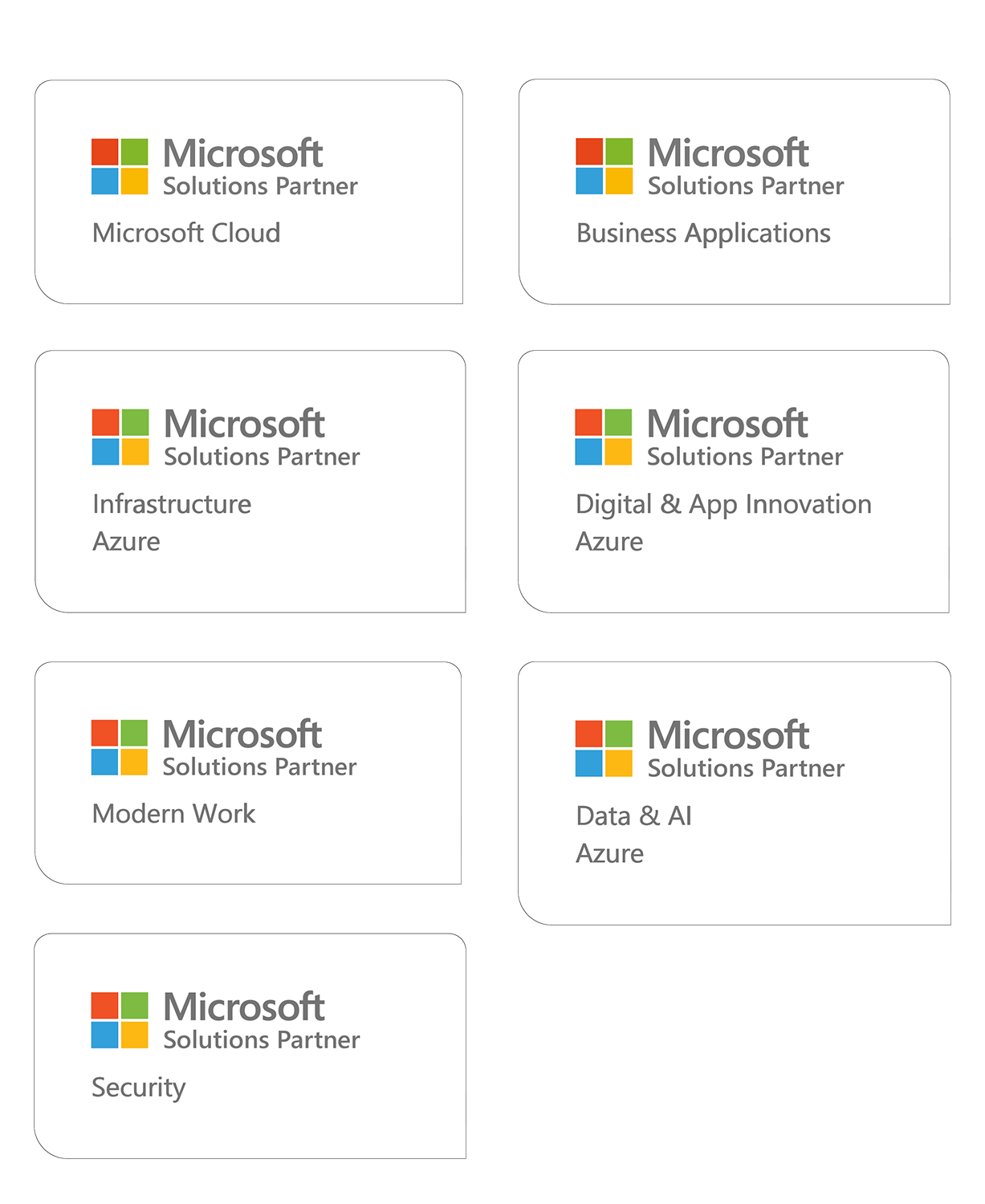Microsoft Fabric is bringing data warehousing into a new era
Data warehousing technologies have made huge strides in recent years, and companies can no longer afford to ignore these advancements. Data warehousing and leveraging business intelligence are key to success in any industry.
Microsoft has launched a new era in data warehousing with the introduction of Fabric. It is time to explore the opportunities that Fabric offers to businesses and organizations.
"Microsoft Fabric represents the latest evolution in data warehousing by providing a modern, integrated platform that removes significant bottlenecks in development and integration."
Microsoft Fabric enhances architecture and reporting accuracy by consolidating data sources into a single platform
Microsoft Fabric represents the latest evolution in data warehousing by providing a modern, integrated platform that removes significant bottlenecks in development and integration.
Fabric simplifies data management by consolidating the data needed for various services into a shared OneLake data warehouse. When all data is centralized in one location, changes and updates to the data warehouse can be implemented quickly, allowing businesses to respond rapidly to market changes.
The Power BI Golden Dataset, a valuable tool for reporting, has been further enhanced in Fabric by moving data models closer to the database. This allows data models to be used more extensively, not only in Power BI but also on other platforms. Additionally, Fabric offers broader testing tools, better access management, and automated model deployment from the outset.
Microsoft has integrated key data warehousing tools into Fabric, creating a more standardized environment and facilitating the transfer of projects between different teams or subcontractors. With clear role allocation, various functions and areas can seamlessly collaborate throughout the entire process, supporting the implementation of end-to-end solutions.

Copilot for Fabric simplifies data management
Artificial intelligence offers significant benefits to organizations using Fabric, even if not all features are adopted immediately.
Fabric's many Copilot features provide intelligent guidance and automation for optimizing data warehousing processes, reducing the possibility of human error and improving data processing efficiency. Its analytics tools predict and suggest best practices for data management, enabling faster complex analysis models and data-driven decision-making. Additionally, Fabric Copilot offers enhanced capabilities for data integration.
Data management takes a significant step forward with Microsoft Fabric
Microsoft's strategy does not include maintaining two parallel environments; therefore, in the long term, the company will focus its resources on the new technology. Adopting Fabric early on is strategically wise to take advantage of its benefits as quickly as possible.
Although Microsoft Fabric is still a relatively new player, its rapid development and ambitious plans hold great promise. We believe that Microsoft will continue to enhance the service with new, innovative features that could revolutionize data warehousing.
With Fabric, data management is taking a significant step forward. Its more efficient architecture, improved reporting capabilities, and centralized solution model bring data warehousing and analytics into the modern era of artificial intelligence.



